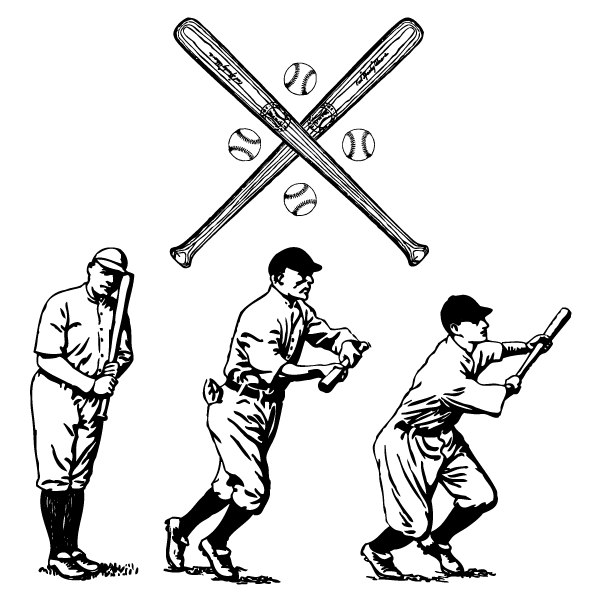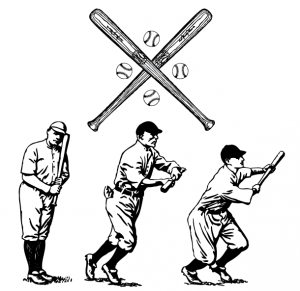
As I write these words, I’m pretty psyched. Seven days from now I will participate in my annual Yahoo Fantasy Baseball draft. What will follow will be seven months of rampant smack talking, bogus trades that would never occur in the real MLB, and a little bit of gambling.
My girlfriend is also going to get angry with me way more often than usual, as I’ll be spending every free moment checking baseball stats, hunting for unknown ball players and checking the scores of games between baseball teams I’ve never really cared about before.
I can’t say I really blame her. Fantasy baseball (and fantasy sports in general) is probably one of the stupidest activities you can take part in. But for some reason, it seems all of my friends in university are into it.
For those who don’t know what fantasy baseball is, let me explain. Fantasy baseball essentially answers the question: “What would you do if you were a baseball manager?” Who would you draft if every major league player were available to you? Would your team be pitching dominant or batting heavy? Would you name your team something derogatory, or would you name them after a baseball player, or both (my brother’s team is called Hamels’ Toes after Phillies pitcher Cole Hamels and, well, you know)? Fantasy baseball gives you the sense of control in what is otherwise a spectator sport, which is probably why everyone seems to like it so much.
But that doesn’t mean it isn’t stupid.
Take for instance my current 12-person league: nine out of the 12 people have played baseball most of their lives, with a few of them even coaching professionally. Then there are three other fans of the sport in our league (including myself) who don’t actually play the game.
You would think that the people who actually understand the game of baseball from personal experience would play the best in a fantasy league, but that’s not the case. Last year I got second place in my league, winning $140, and to be honest, I knew barely anything about baseball going into it. In fact, I drafted most of my players based on name recognition from N64’s Ken Griffey Jr. Slugfest, a game that came out 13 years ago (which is why I drafted Vladamir Guerrerro, even though he is awful).
Yet, for whatever reason, I came second in my league against a bunch of dudes who teach kids how to field for a living.
The reason is simple: fantasy sports somehow make spectator sports more interesting by breaking events down mathematically. It’s basically like the nerds the jocks bullied in high school are now enacting their revenge by somehow knowing more about a sport than the athletes who play them.
You no longer have to understand how to play the game; you just have to be OK at statistical analysis.
But for whatever reason, fantasy sports leagues have become a common part of our society. U.S. television channel FX’s premier comedy, The League, is a series centered on a workplace fantasy football league. Then there is the Academy Award-nominated film Moneyball, and the book by Michael Lewis on which it’s based. Moneyball is based on the statistical analysis of the sport by baseball hobbyists (which actually led to the creation of fantasy baseball in the first place) and how the Oakland Athletics used that information to their benefit.
But that was a professional baseball team. Me, my 11 league members, and the hundreds of thousands of baseball fans who join fantasy leagues every year are not professional managers, and we’re pretty unlikely to win very much money by playing these fantasy teams. (In fact, for the amount of hours we spend piling through all these stats, we probably make less than 50 cents an hour every time we win in one of our leagues).
For the amount of time and effort we put into this game, you’d think we must love the sport. But as I pour over statistics of players I’ve never even seen play before (Zack Cozart?) and team reports of teams I really don’t care about (the Royals), I have to ask myself: do I really like this sport, or am I just doing random mathematical equations to win a bit of money?
The answer is probably the money. If that’s the case, why am I not just playing the stock market?







